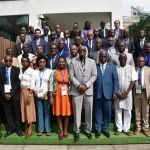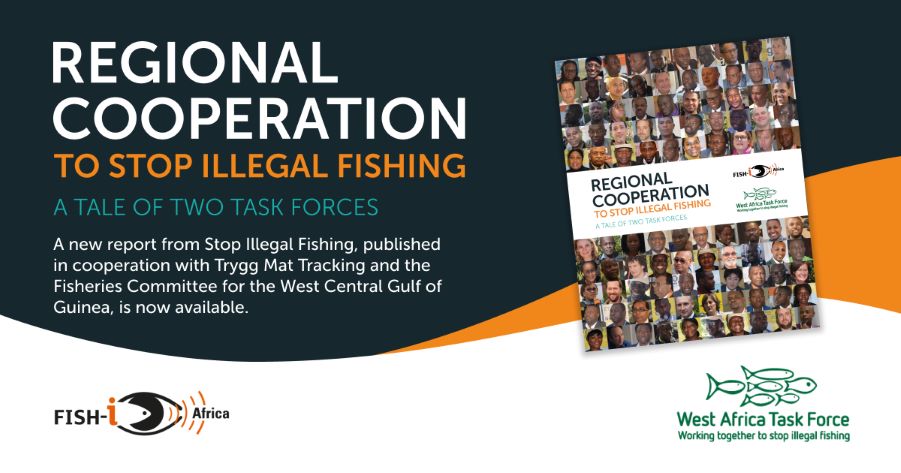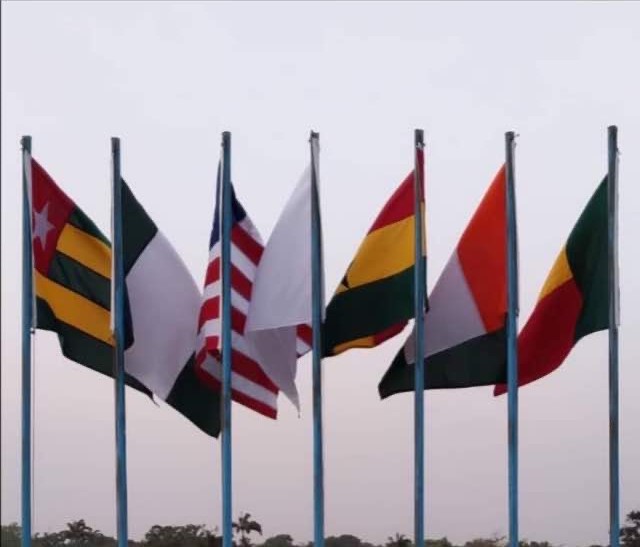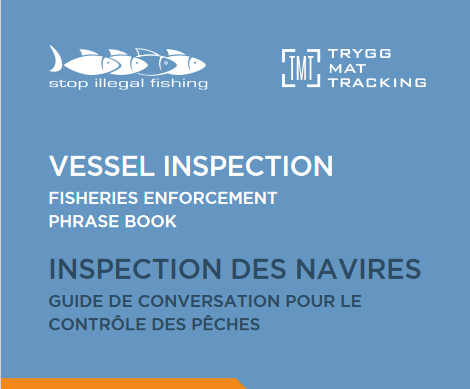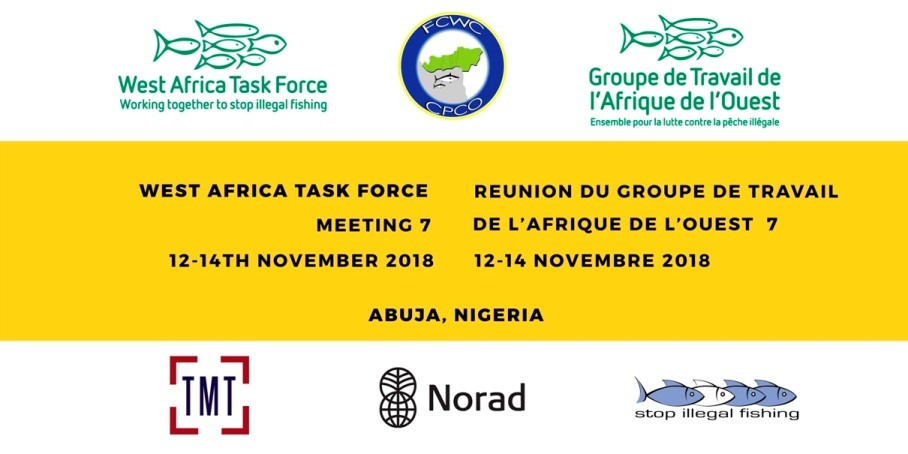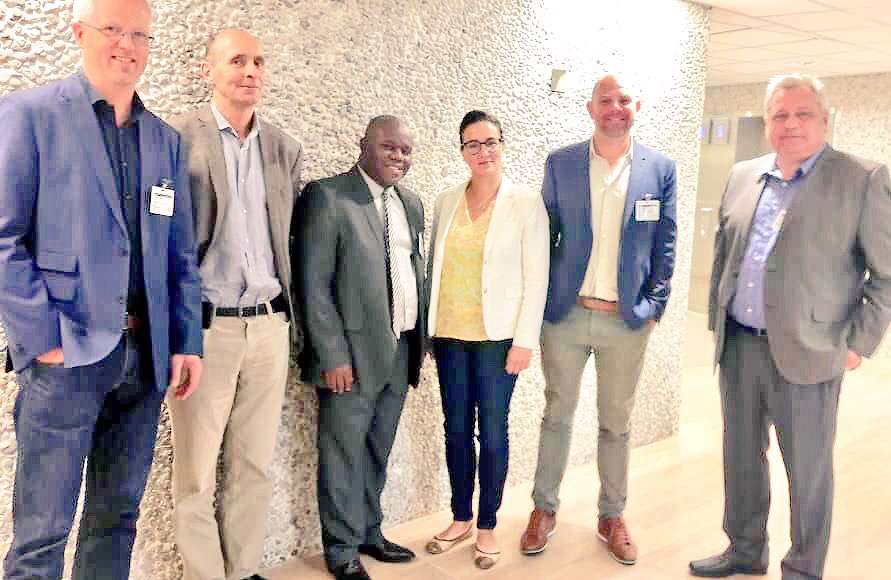Fisheries Intelligence and MCS Support in West Africa – Phase 2

West Africa is endowed with abundant fisheries resources. The fishery sector, in addition to providing revenue to governments through royalties and other fees collected through licences and fisheries access agreements, plays an important role in meeting the nutritional needs of populations, and providing employment to more than three million people. However, due to various political, economic and environmental factors the region has been identified as the most significant hotspot for illegal fishing globally.
To address this challenge, Trygg Mat Tracking in cooperation with Stop Illegal Fishing (SIF), the FCWC Secretariat and FCWC member countries (Liberia, Cote d’Ivoire, Ghana, Togo, Benin and Nigeria) developed the Norad supported project ‘Fisheries Intelligence and MCS Support in West Africa’. An initial four-year project initially implemented between 2014 and 2018, and a second phase is now being implemented to 2022. The project has facilitated the establishment and functions of the West Africa Task Force (WATF), operationalising key FCWC conventions on information sharing and Monitoring, Control and Surveillance (MCS) cooperation. Project implementation is focused on strengthening regional information sharing and cooperation between countries, strengthening cooperation between agencies at the national level, and sharing of intelligence between the Task Force members and supporting Technical Team, to spur enforcement actions aimed at reducing illegal fishing in West African coastal waters.
The first four years of Norad support (referred to as Phase 1) has seen increased awareness of the challenges of illegal fishing and broader fisheries crimes in the region, the establishment of a regional information sharing platform, growing active information exchange and MCS cooperation between FCWC States, the first successful enforcement actions, and the establishment of key structures including twice annual regional Task Force meetings and inter-agency National Working Groups.
Phase 2, which started in late 2018, aims to address further consolidation, capacity building, analysis of lessons learned, and political support for long-term sustainability to be achieved.
FCWC activities under this project include:
- Hosting of two Task Force meetings per year
- Supporting national interagency cooperation through regular meetings of National Working Groups
- Sharing of intelligence via the regional online communications platform
- Implementing a regional strategy on transhipment
- Development of a regional strategy to combat illegal fishing
- Development of national training plans
- Support of regional and national capacity training workshops
- Exchanges of WATF personnel with international partners
- Expansion of a toolbox of support materials, documents and training activities made available to national fisheries authorities
Click the button below to display the West Africa Task Force Group’s records
WATF News
- The FCWC Region Chalks Another Success in Regional Fisheries Cooperation in Liberia
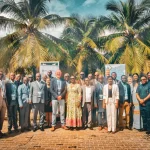
- Liberia: FCWC Celebrates the Legacy of a Fisheries Pioneer
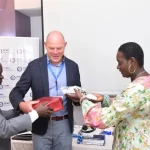
- WATF: Press Release – Sixteenth Regional Fisheries Meeting to be Held in Liberia
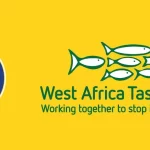
- Ghana: WATF Technical Team Reviews Ghana Fisheries SOPs
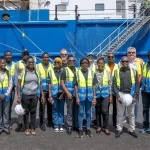
- FCWC WATF Launches Phase 3 Activities with Workshops in Nigeria
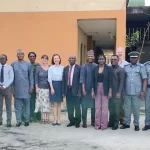
- Recruitment for the position of Coordinator of the Regional Monitoring Control and Surveillance Centre of the FCWC
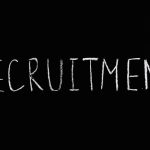
- FCWC Participates in Intelligence-Led Fisheries Ports Control Programme Steering Group Meeting
